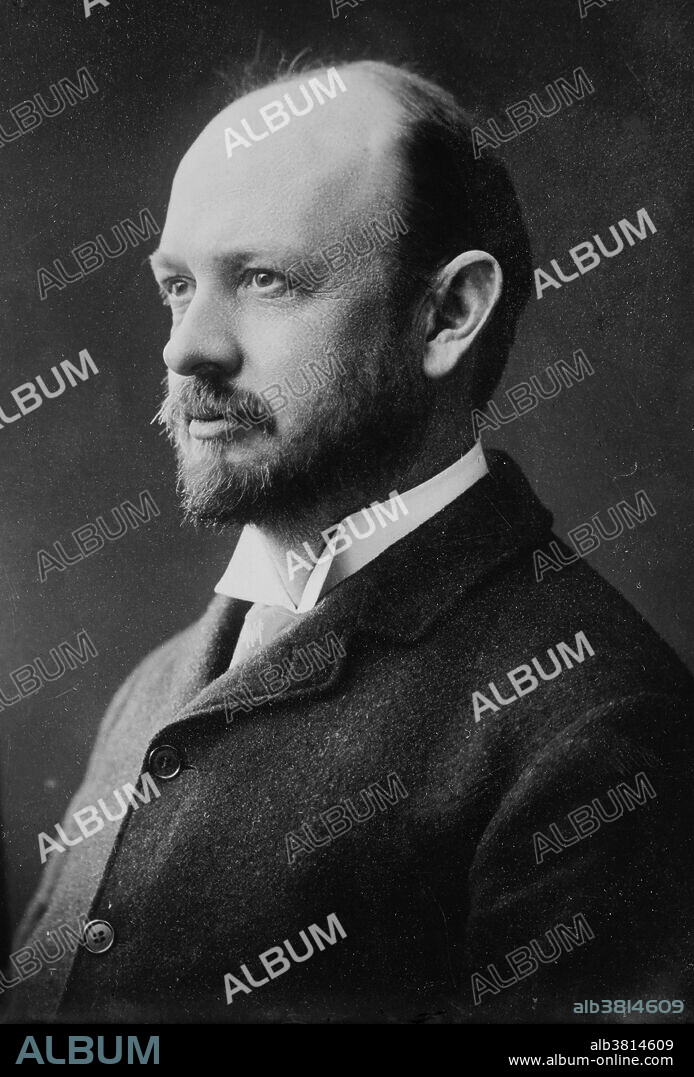alb3814609
William Pickering, American Astronomer

|
Añadir a otro lightbox |
|
Añadir a otro lightbox |



¿Ya tienes cuenta? Iniciar sesión
¿No tienes cuenta? Regístrate
Compra esta imagen

Título:
William Pickering, American Astronomer
Descripción:
Ver traducción automática
William Henry Pickering (February 15, 1858 - January 17, 1938) was an American astronomer. He discovered Saturn's ninth moon Phoebe in 1899. In 1907 he speculated that the moon was once a part of the earth and that it broke away where now the Pacific Ocean lies. He also proposed some sort of continental drift (before Alfred Wegener) and speculated that America, Asia, Africa, and Europe once formed a single continent, which broke up because of the separation of the moon. He led solar eclipse expeditions, studied craters on the Moon, and hypothesized that changes in the appearance of the crater and also claimed to have found vegetation on the moon. He constructed and established several observatories or astronomical observation stations, notably including Percival Lowell's Flagstaff Observatory. He spent much of the later part of his life at his private observatory in Jamaica. He died in 1938 at the age of 79. His brother was Edward Charles Pickering, a renowned astronomer and physicist.
Crédito:
Album / LOC/Science Source
Autorizaciones:
Modelo: No - Propiedad: No
¿Preguntas relacionadas con los derechos?
¿Preguntas relacionadas con los derechos?
Tamaño imagen:
3300 x 4868 px | 46.0 MB
Tamaño impresión:
27.9 x 41.2 cm | 11.0 x 16.2 in (300 dpi)
Palabras clave:
AMERICANO • ASTRONOMIA • ASTRONOMO • BLANCO Y NEGRO • CIENCIA • ESTADOS UNIDOS DE AMERICA • ESTADOS UNIDOS • FAMOSA • FAMOSO • FIGURA • FOTO • FOTOGRAFIA • GENTE • HISTORIA • HISTORICO • HOMBRE • HOMBRES • IMPORTANTE • MASCULINO • PERSONA • PERSONALIDAD • PERSONALIDADES • PORTRAIT • RETRATO DE HOMBRE • RETRATO • S. XX • SIGLO XIX • SIGLO XX
 Pinterest
Pinterest Twitter
Twitter Facebook
Facebook Copiar enlace
Copiar enlace Email
Email
